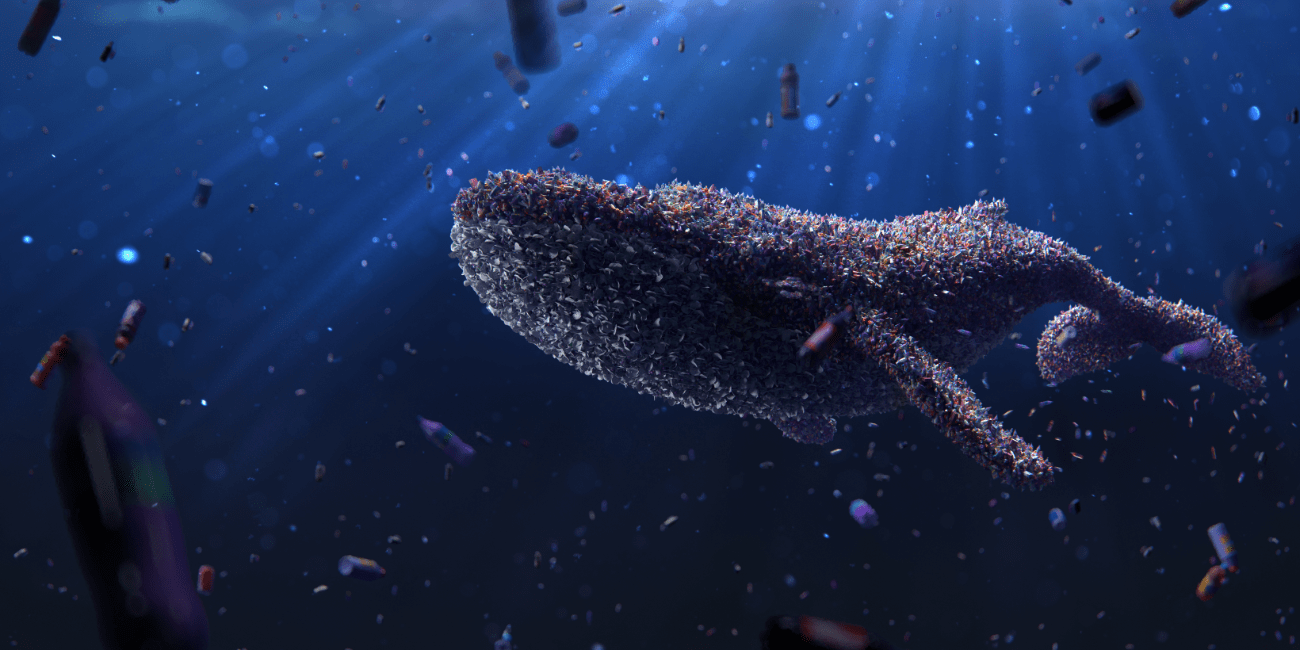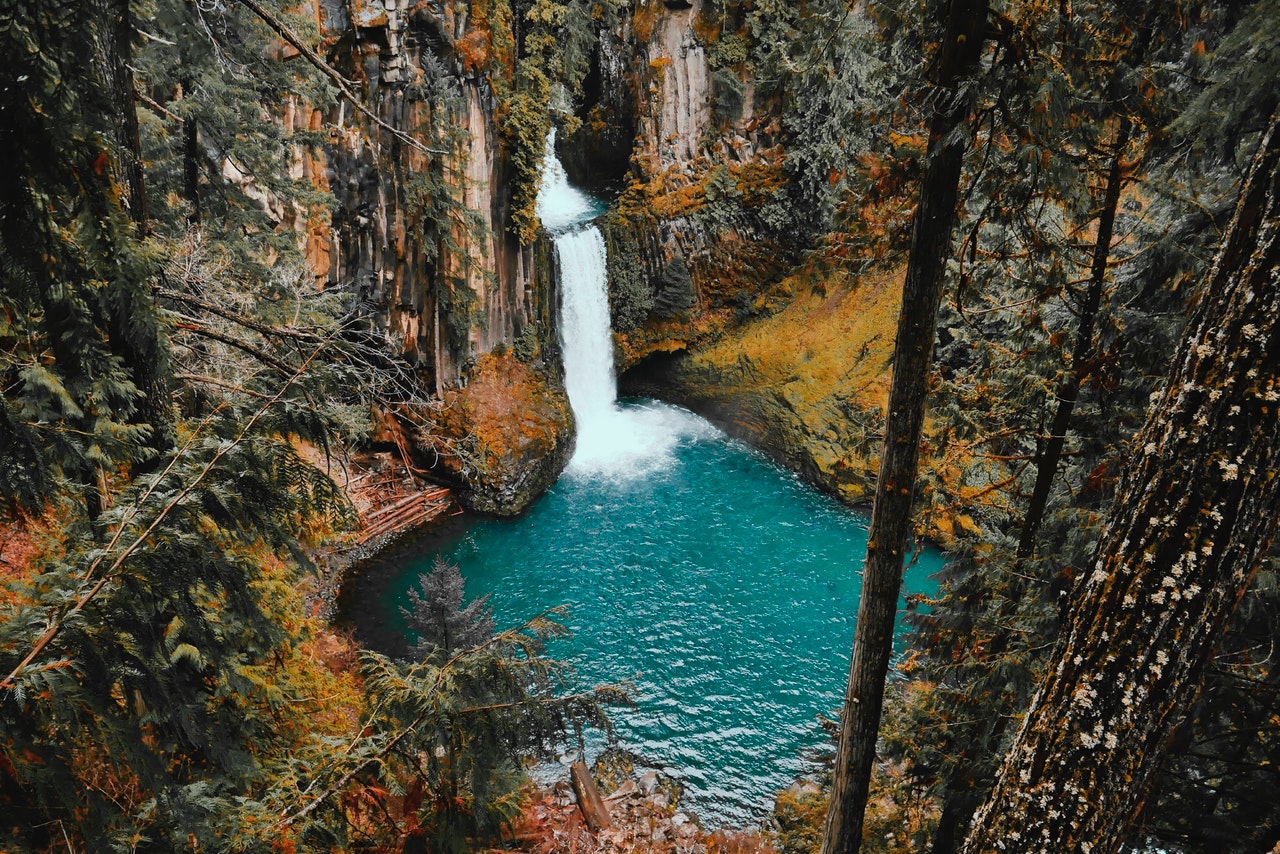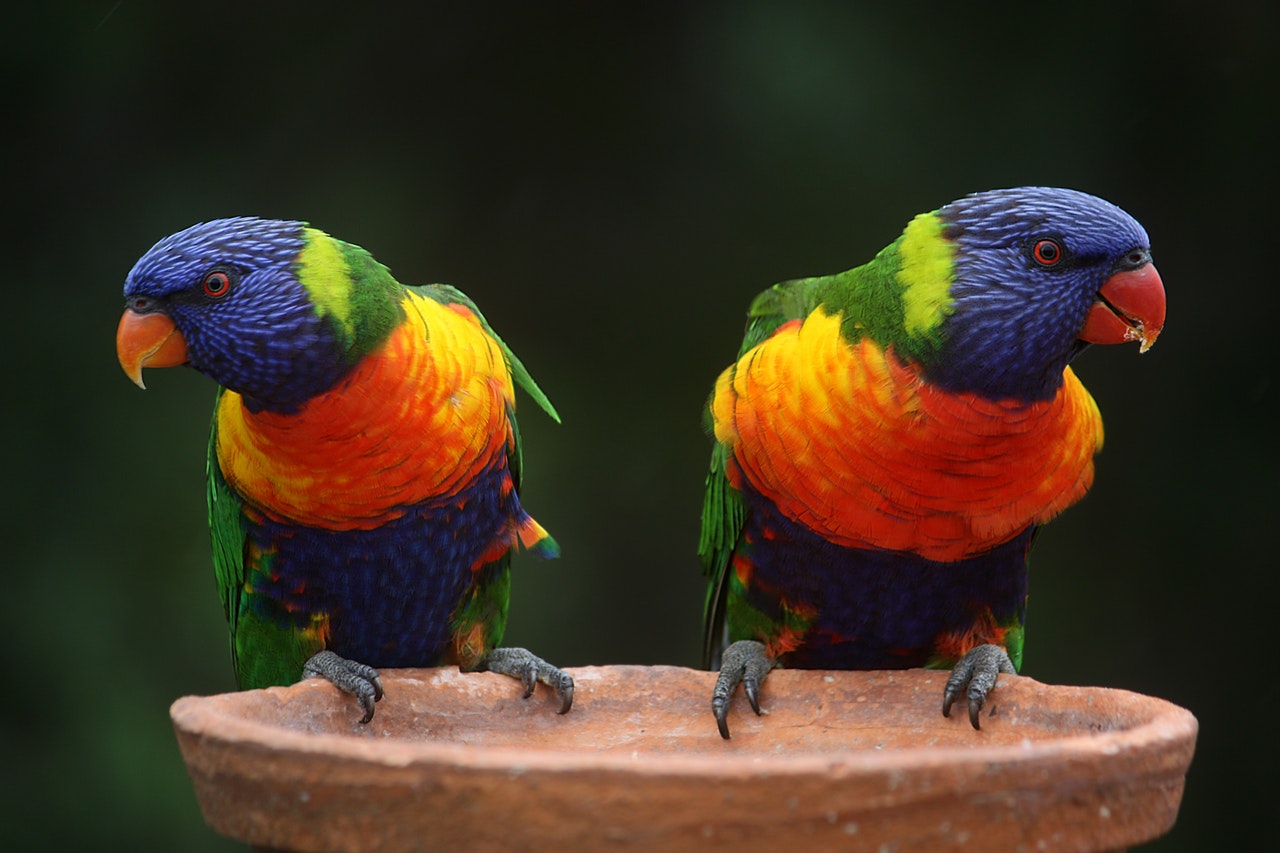2020 is the year for climate and environmental actions. The Europe 2020 Strategy, identifies smart, sustainable and inclusive growth as a way of helping the development of a greener and more competitive economy while delivering high levels of employment, productivity and social cohesion.
NGIatlantic.eu, in the strive for a more human-centric, next generation internet, supports in full the European values and the European Green Deal, promoting awareness raising about protection of the environment and natural resources.
"Our goal is to reconcile the economy with our planet, to reconcile the way we produce, the way we consume, with our planet and to make it work for our people. Therefore, the European Green Deal is on one hand about cutting emissions, but on the other hand about creating jobs and boosting innovation." President Ursula von der Leyen on the European Green Deal
NGIatlantic.eu proudly supports the EU Green Deal
The reasons behind the visuals of our Open Calls
Why did we choose to brand our open call images with some of the world's endangered ecosystems?
Firstly, this is our way to support the EU Green Deal and raise awareness around the importance of protecting these ecosystems for our natural environment and the species that interact with it. Secondly, to emphasise the importance of ecosystems, we wanted to create a parallel with the EU-US NGI experiments ecosystem that NGIatlantic.eu aims to create and sustain, drawing upon the existing platforms in EU and US for NGI experiments, and providing for a support system (The Twinning Lab), that matches teams on both sides of the Atlantic to work productively together for the expected evolution of the internet.
Open Call for External Evaluators - Why Oceans?
"There is no such thing as AWAY because plastic is so permanent and so indestructible that when you cast it into the ocean it does not go AWAY"- Sir David Attenborough
The excessive plastic consumption is leading to a swirling global crisis for our oceans and our beaches. Billions of pounds of waste are covering more than 40 percent of the world's ocean surfaces. If we do not find a solution, plastic is expected to outweigh all the fish in the sea by 2050. NGIatlantic.eu sustains the European Green Deal, by supporting innovators in developing experiments that aim to create a more human-centric internet that also has in mind a more green side to it.
Reduce your consumption of plastic:
http://www.fao.org/fao-stories/article/en/c/1196346/
Call one - April 2020 - Why Rainforests?
Forests and trees make vital contributions to both people and the planet. Now more than ever, the rainforest are heavily threatened by climate change and intensive deforestation, which is contributing to droughts in parts of the Amazon and Southeast Asia.
Learn more about the state of our forests:
http://www.fao.org/state-of-forests/en/
Call two - August 2020 - Why Coral Reefs?
Coral reef ecosystems are collapsing all over the world. Non only pollution, but also exploitation activities are responsible for putting our natural barriers in serious danger.
Coral mining overfishing, blast fishing and digging together with ocean warming, are the main causes for rapidly destroying most corals and preventing successful reproduction necessary for their recovery.
Do you know about the idea of using artificial reefs in the Mediterranean and Black Sea?
Read more about it at:
http://www.fao.org/3/a-i4879e.pdf
Call three - December 2020 - Why Wetlands?
Wetlands are facing degradation and destruction faster than in any other ecosystem. This issue has increased flood and drought damage, nutrient runoff and water pollution, harming our wildlife populations as well as our economy.
The importance of wetland ecosystems:
http://www.fao.org/newsroom/en/news/2006/1000331/index.html
Call four - May 2021 - Why Glaciers?
Global warming is melting ice caps every year faster, endangering glaciers and triggering a chain reaction that will affect drinking supplies for millions of people who rely on meltwater rivers. In addition to that when glaciers melt they will lead to a rise in sea level, which in turn will cause flooding of the coastal areas.
Glacier photograph collection.
Now and then:
http://nsidc.org/data/glacier_photo/
Call Five - September 2021 - Why Springs?
Springs are places where groundwater is exposed, often flowing from the Earth's surface, in some cases, the waters emerging from a spring may have traveled long distances, taking tens, hundreds, or even thousands of years before they reach the surface. Springs are said to be windows into the Earth, they are also some of the most sensitive indicators of global climate change. These ecosystems play a vital role in our planet, supporting several endangered species above all in the United States area, as well as a high number of rare groundwater-dependent species.
Why should we study Springs?:
https://springstewardshipinstitute.org/why-springs
Call Six - (Reserve Call) June 2021 - Why Biodiversity?
Biodiversity is the most complex and vital feature of our planet that makes life possible for environments. Today more than ever, it is of utmost importance to understand how crucial is the safeguard of our ecosystem. The current health of our oceans, rainforests, coral reefs, wetlands and glaciers should be an imperative sign for us to understand the importance of taking effective actions to save the planet we all live on.
Biodiversity for food and agriculture:
http://www.fao.org/3/CA3129EN/ca3129en.pdf



